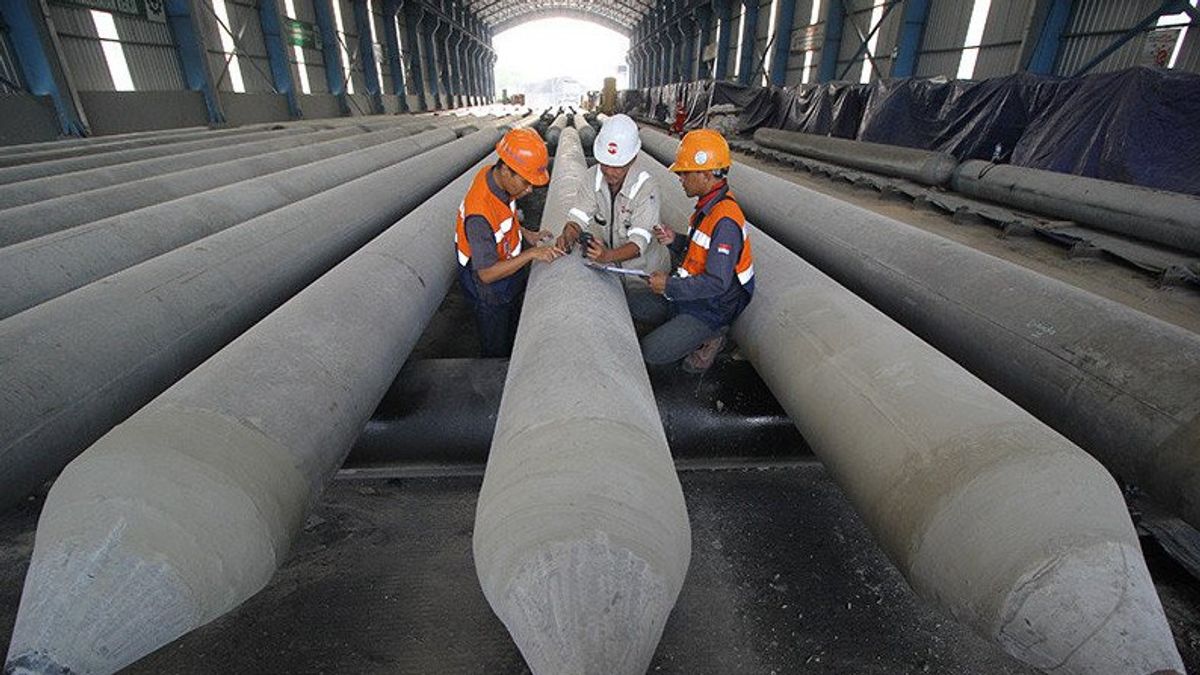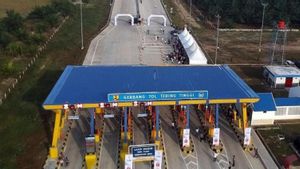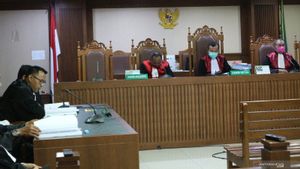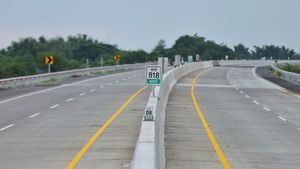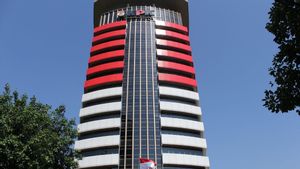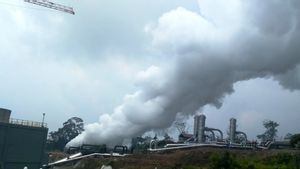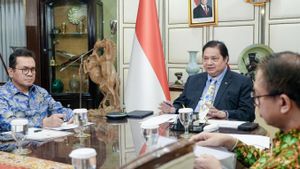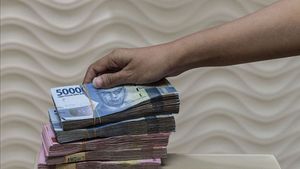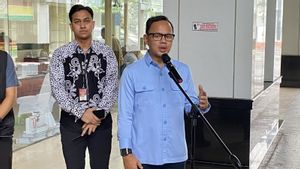JAKARTA - PT Waskita Karya Tbk suffered a loss of up to IDR 7.3 trillion. Member of Commission VI of Indonesian House of Representatives (DPR RI) Achmad Baidowi highlighted this. He regretted this condition, instead of generating a profit and distributing dividends to shareholders, Waskita actually resulted in losses.
Baidowi said that in addition to experiencing large losses, in the company's 2020 financial statements, Waskita was also in debt of IDR 89.011 trillion and interest expense of IDR 4.7 trillion. Now Waskita is even targeting to receive funding of IDR 15.3 trillion from bank loans and issuance of bonds or Sukuk.
According to Baidowi, this loan needs to be reconsidered, calculated carefully, so that the company does not default on its debt and ensures that previous losses are not repeated.
"Another step that Waskita needs to take is to re-scheme its business. Apart from long-term projects, Waskita also needs to create a project portfolio in the medium and short term. This is important to do so that when facing situations such as the COVID-19 pandemic that shocks our economy, Waskita does not suffer losses", he said in Jakarta, Wednesday, April 28.
Based on PT Waskita Karya's Financial Report for the 2015-2020 period, PT Waskita's 2017 net profit increased significantly from IDR 1.8 trillion to IDR 4.2 trillion or grew 133.3 percent at the same time PT Waskita Karya at that time experienced negative sentiment due to the collapse toll poles for the Becakayu toll road project.
"Here, it begins to show that profitability does not correlate with the quality and safety of construction projects. Operating costs between 2016-2017 grew 80.3 percent, not compared to an increase in net profit of 133.3 percent", he said.
Meanwhile, said Baidowi, business development that most significantly affected profits in 2017 came from toll road investment contracts made through subsidiaries (69 percent), then contracts from SOEs (BUMN) and Regional-owned enterprises (BUMD) (16 percent), government (10 percent), and the private sector (5 percent). Meanwhile, most of Waskita's subsidiaries engaged in toll roads suffered losses in 2017.
For example, PT Waskita Transjawa Toll Road lost IDR 412 billion, PT Cimanggis Cibitung lost IDR 23.9 billion, PT Trans Jabar toll lost IDR 1.1 billion, PT Pejagan Pemalang Tol Road lost IDR 151 billion. The toll road subsidiary that profits from PT Pemalang Batang Tol Road is IDR 928 million or not even IDR 1 billion.
In fact, said Baidowi, this was exacerbated by the loss of the subsidiary PT Waskita Toll Road in 2017 rising from IDR 85.2 billion to IDR 352 billion at a time when the parent company posted high profits.
"PT Waskita Toll Road is a subsidiary entity with the largest direct ownership of PT Waskita Karya. This means that there is no correlation between toll road investment contracts which are referred to as a source of company revenue while its toll subsidiaries experience increased losses during the same period", he said.
SEE ALSO:
Regarding debt, there was a repayment of the 2017 bond debt worth IDR 1.17 trillion, whereas previously in 2016 there was no debt repayment from the bonds. Meanwhile, the value of bond issuance in 2017 was IDR 4.6 trillion or almost double compared to 2016 (IDR 2.9 trillion). Although part of it was used to pay the bond debt in the same year, there was still a difference of IDR 3.43 trillion.
"The amount of debt issuance was large in one financial reporting period. Meanwhile, cash equivalents to total short-term debt also shrank, an indication that debt management is starting to be inconsistent with the company's cash flow availability", he said.
Then, Waskita started trying to increase it in 2018-2019 but the risk became a problem in 2020 where the ratio of cash and cash equivalents to short-term debt immediately fell to 2.51 percent. An increase in profitability is associated with an improper asset revaluation. In 2017, the fixed asset revaluation surplus was only IDR 2.3 billion.
Furthermore, Baidowi said this figure was indeed an increase from the previous deficit of IDR 4.5 billion. However, the surplus is considered not to have a significant contribution to the company's profit. Thus, the main problem faced that caused this BUMN to lose is not only the total debt that has increased, because it has been happening since 2015, the debt-to-equity ratio at that time was 212.3 percent.
"The problem is in the management of cash flow or short-term liquidity. This needs to be clarified by Waskita, is the profit generated only on paper, not in the form of cash to the company? Or is there an alleged scandal behind Waskita's loss?".
The English, Chinese, Japanese, Arabic, and French versions are automatically generated by the AI. So there may still be inaccuracies in translating, please always see Indonesian as our main language. (system supported by DigitalSiber.id)
